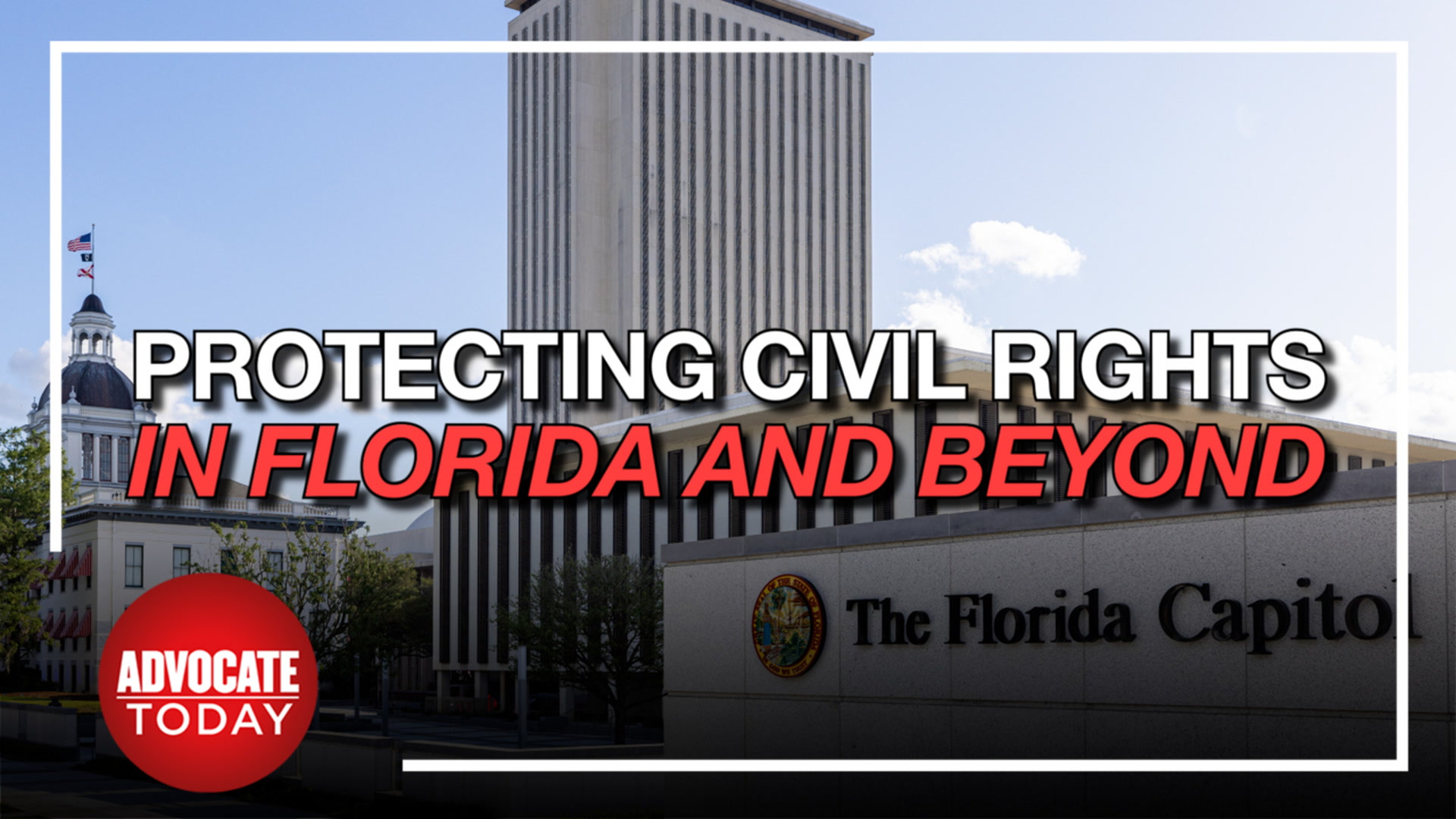Harvard University is being investigated by the U.S. Department of Education's Office for Civil Rights (OCR).
The open investigation follows a complaint filed by civil rights advocacy groups at the beginning of this month, which alleged that Harvard's admissions process is racially discriminatory through its preferential treatment to applicants with privileged familial ties.
Harvard Legacy Policy Investigated

On Monday, the Department of Education notified the complainants, the Lawyers for Civil Rights (LCR), that an investigation had been opened to determine "whether the University discriminates on the basis of race by using donor and legacy preferences in its undergraduate admissions process in violation of Title VI and its implementing regulations."
As the OCR states, Title VI of the Civil Rights Act of 1964 prohibits discrimination on the basis of race for any program that the U.S. Department of Education funds. Since Harvard receives federal funding, they are subject to the department's regulations.
The concerns were posed in the wake of the Supreme Court's decision to overturn race-informed admissions under affirmative action. In response to the Court's decision, Harvard leadership affirmed that the University will always be "a place whose doors remain open to those to whom they had long been closed, a place where many will have the chance to live dreams their parents or grandparents could not have dreamed."
However, the July 3rd civil rights complaint from the LCR described an admissions process which favored applicants who had long had doors open to them. Donor-related applicants were 7 times more likely to be admitted, and legacy applicants were 6 times more likely, the complaint allege. Nearly 70 percent of admitted donor and legacy applicants were white.
"Each year, Harvard College grants special preference in its admissions process to hundreds of mostly white students – not because of anything they have accomplished, but rather solely because of who their relatives are," the lawyers wrote.
The investigation will consist of interviews and conclude with a letter of findings to explain the decision made by the Office of Civil Rights. Even if the OCR doesn't find a violation, the LCR is able to file a private suit in federal court, the Department of Education wrote. If a violation is found, it may be referred to the U.S. Department of Justice, or federal funding to Harvard may be terminated.


















































